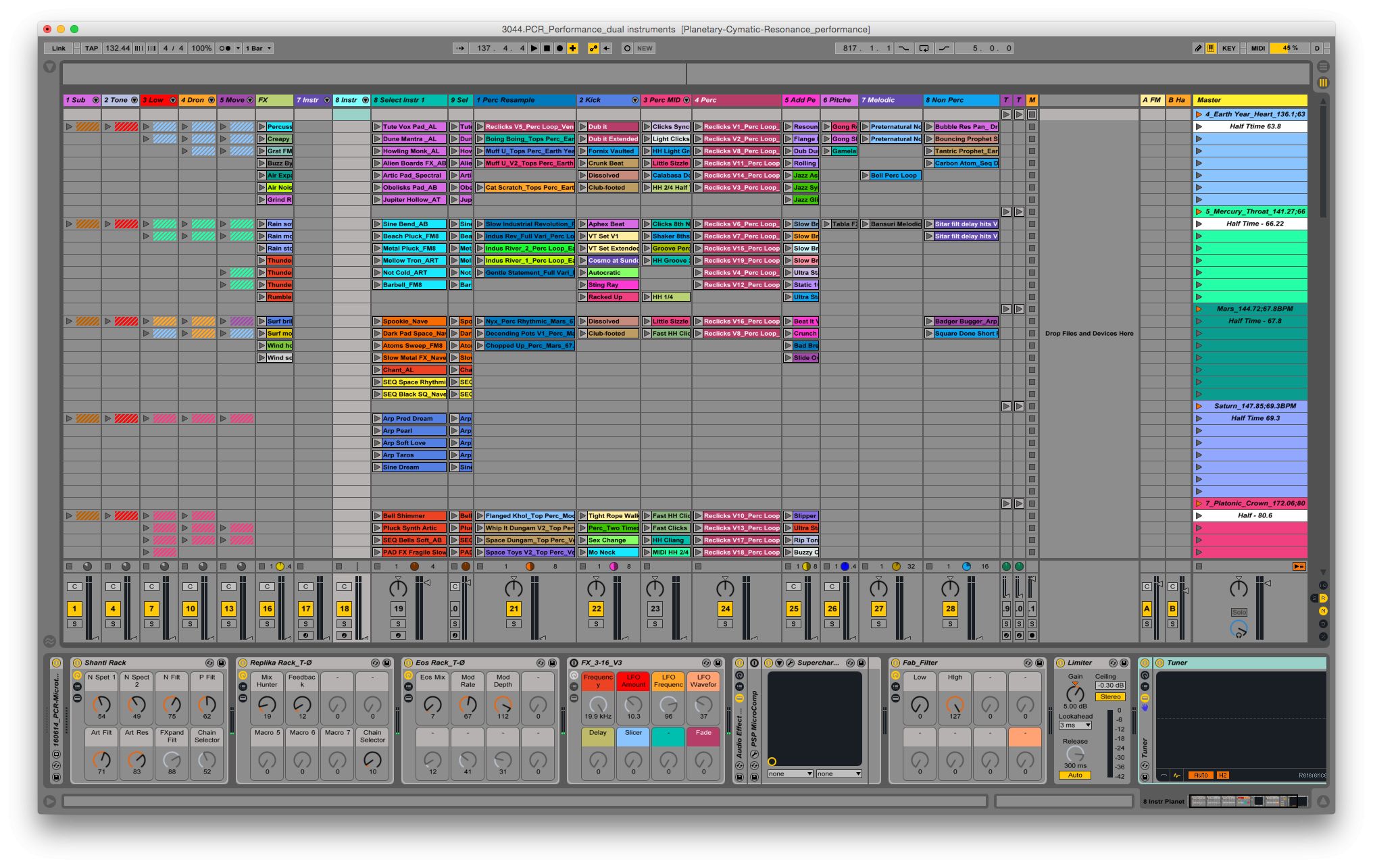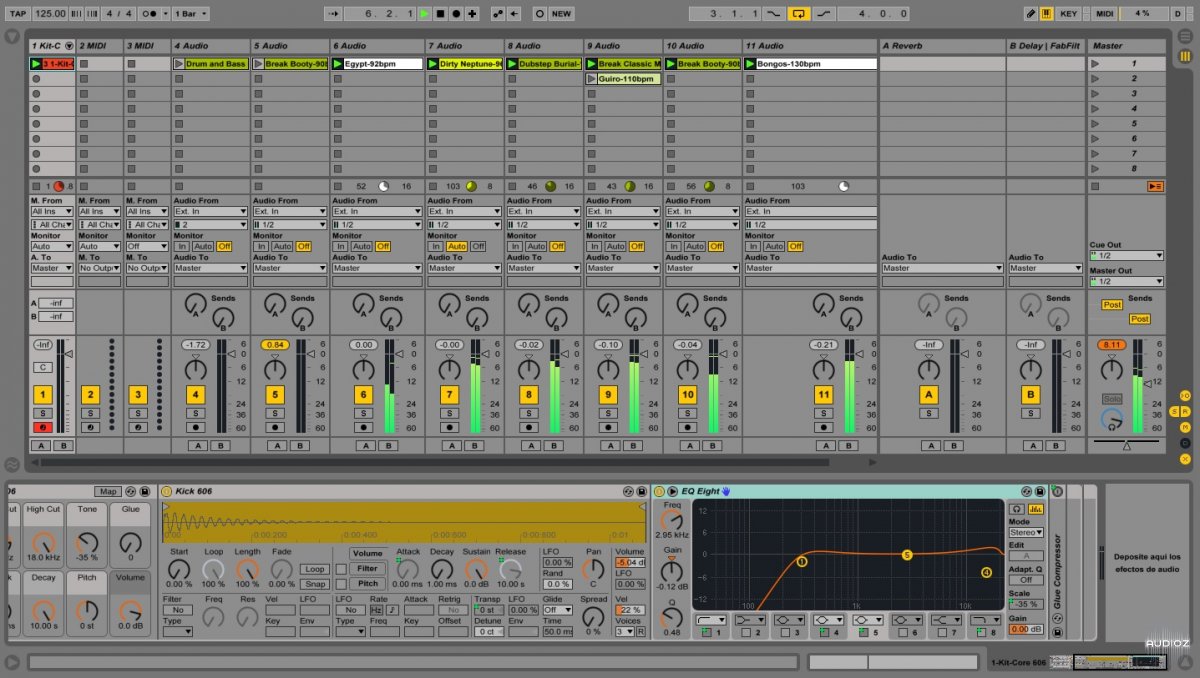
- Download ableton live for mac manual#
- Download ableton live for mac pro#
- Download ableton live for mac software#
MIDI notes trigger individual "Simplers" so rather than triggering one sample at multiple pitches, individual samples are triggered at predefined pitches, as is suitable for MIDI drum programming. In this case, incoming MIDI does not trigger drums as it does in Impulse, but selects the final pitch of the sample, with C3 playing the sample at its original pitch. It functions using a single audio sample, applying simple effects, and envelopes, finally applying pitch transformations in the form of Granular synthesis.

Once the kit is defined, rhythms and beats are created through Live's MIDI sequencer. There are a number of effects available such as basic equalization, attack, decay, pitch shift, etc.
Download ableton live for mac manual#
It is also used for manual MIDI sequencing. The Arrangement View is used for recording tracks from the session view and further manipulating their arrangement and effects.
Download ableton live for mac software#
The Arrangement View offers a horizontal music production timeline of Clips that is more similar to a traditional software sequencer interface. When moving on to the next scene, which may feature a synth bassline, the artist will trigger the scene, activating the clips for that scene. For instance a drum, bass and guitar track might comprise a single scene.

These clips can be arranged into scenes which can then be triggered as a unit. The Session View offers a grid-based representation of all of the Clips in a Live Set. MIDI triggers notes on Live's built in instruments, as well as third party VST instruments or external hardware. triggered) or played back in a pre-arranged order. Live utilizes audio sample or MIDI sequences, referred to as Clips, which are arranged to be played live (i.e. Live's user interface is composed of two 'Views' – the Arrangement View and the Session View. Live made it easier for musicians to use computers as instruments in live performance without programming their own software, influencing the rise of global festival culture in the 2000s. In 2010, Ableton introduced Max for Live, enabling connectivity between Max and Live. Live expanded to become a digital audio workstation (DAW) with a MIDI sequencer and support for virtual studio technology (VST). Live's timestretching algorithm, known as "warping", was particularly notable and gave DJs greater control over mixing and beatmatching, smoothly blending tracks of different tempos. It offered sophisticated tools for triggering loops, playing samples and timestretching audio, and was immediately popular with electronic music producers.
Download ableton live for mac pro#
Unlike Pro Tools, which focuses on multitrack recording, the first version of Ableton Live was designed for performing with loops. They released the first commercial version of Live on October 30, 2001. Roggendorf, another programmer, joined Behles and Henke in the late 90s and helped them turn their Max patches into a general set of software for retail. That gave us confidence to believe that a small company could actually survive on the market." He said one of the first industry figures to recognise Live's potential was the Hollywood composer Hans Zimmer, who was impressed by Live's ability to change the tempo of a loop without altering its pitch. Henke said later: "I think the feeling we had was there was enough like-minded people in our closer community who could appreciate a product like this, and that it could work commercially. Though Live was not developed in Max, Max was used to prototype most of its features. Henke and Behles identified a need in Berlin's electronic music scene for user-friendly software for live performances, and worked with local acts to develop it. Behles and Henke met while studying programming at the Technical University of Berlin, and wrote software in the music programming language Max to perform techno as their band Monolake.

Henke left Ableton in 2016 to concentrate on Monolake. Ableton Live was created by Gerhard Behles, Robert Henke and Bernd Roggendorf in the mid-1990s.


 0 kommentar(er)
0 kommentar(er)
